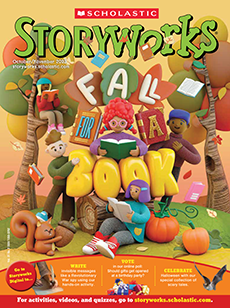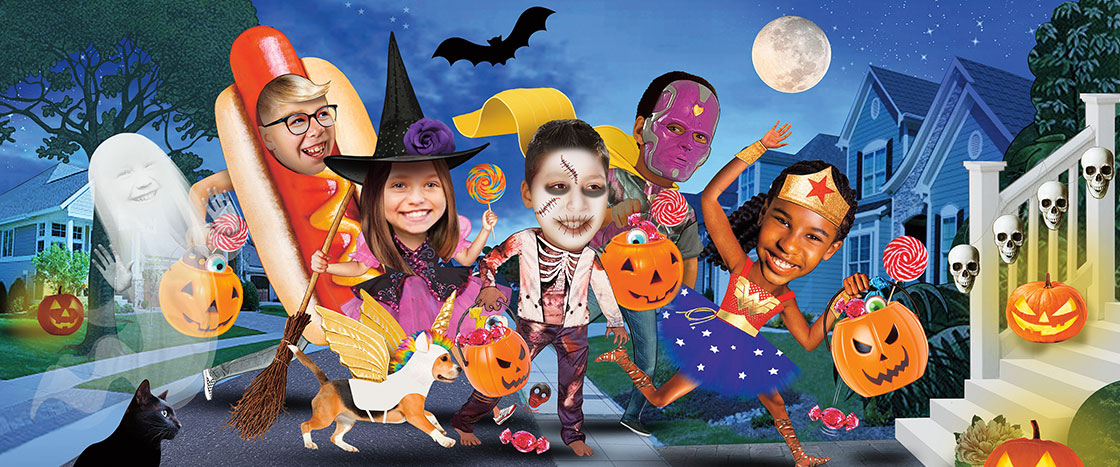For many of us, October means changing leaves, apple picking, and celebrating one of the most fun days of the year—Halloween.
Halloween is always celebrated on October 31, no matter what day of the week it is. But every few years, the holiday falls on a Saturday. When that happens, you don’t have to go to school. You can enjoy a whole day of spooky, sugary fun.
Some Americans think Halloween should always be on a Saturday. In 2019, about 80,000 people signed a petition, or letter, asking the U.S. president to change Halloween from October 31 to the last Saturday of the month.
That sparked a debate: Should we change Halloween’s date?
For many of us, October means changing leaves, apple picking, and celebrating one of the most fun days of the year—Halloween.
Halloween is always celebrated on October 31. It doesn’t matter what day of the week it is. But every few years, the holiday falls on a Saturday. When that happens, you don’t have to go to school. You can enjoy a whole day of spooky, sugary fun.
Some Americans think Halloween should always be on a Saturday. In 2019, about 80,000 people signed a petition, or letter. It asked the U.S. president to change Halloween from October 31 to the last Saturday of the month.
That sparked a debate: Should we change Halloween’s date?

